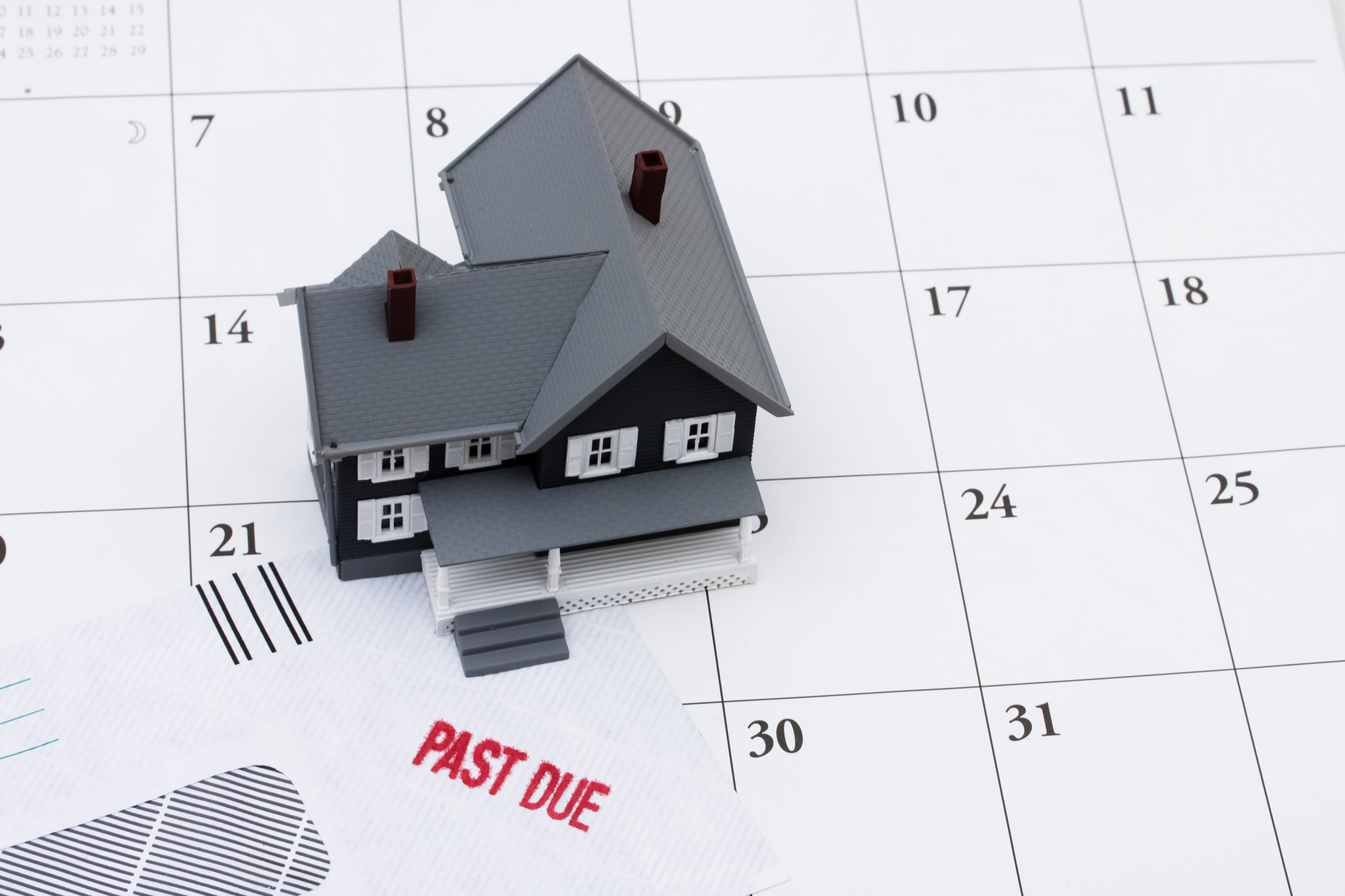
Purchasing a home can be a substantial financial investment, so it’s pretty common for the homebuyer to take out a loan. The buyer signs a promissory note, promising to repay the loan, and a mortgage, which is a contract giving the lender the right to foreclose if the borrower doesn’t make payments on the loan.
If a homebuyer falls behind on their mortgage, they may face foreclosure. This is the legal process that allows the lender (or loan owner) to sell the property in order to satisfy any debts owed.
The Foreclosure Process – Key Parties
When discussing the foreclosure process and home auctions, there are four key parties involved:
- Borrower: Also known as a mortgager, this is the homebuyer who has borrowed money to pay for the home. They pledge the home as security to the lender.
- Lender: Also known as a mortgagee, this is the person who originates the home loan.
- Servicer: This company handles the home loan account and collects the homebuyer’s monthly mortgage payments. The company processes and monitors loan payments and can initiate a foreclosure. The servicer typically manages the account on behalf of the lender.
- Investor: They purchase the home loan from the lender.
Judicial Foreclosure
If a homebuyer defaults on their home loan, the servicer may refer the loan to an attorney or a trustee to start the foreclosure process. There are two basic types of foreclosure: judicial and nonjudicial.
With a judicial foreclosure, an attorney files a lawsuit for the lender or investor to foreclose on the home. The homebuyer will receive a copy of the complaint (sometimes called a petition) and will have 30-days to respond. If the homebuyer doesn’t file an answer to the lawsuit, the court will grant a judgment of foreclosure. If the homebuyer does respond, the court will review any evidence and determine whether the home will be foreclosed.
For judicial foreclosures, the foreclosure sale is a public auction where anyone (including the homebuyer) can bid on the property. The highest bidder becomes the new owner of the foreclosed property.
Nonjudicial Foreclosures
Georgia has a nonjudicial foreclosure process, which means that the lender may foreclose on a house without having to file a lawsuit or appear before a judge. Many lenders prefer a nonjudicial foreclosure because the process is faster and less expensive than a judicial foreclosure.
Foreclosure Notice
With a nonjudicial foreclosure, the process begins when the homebuyer defaults on their home loan. The servicer will notify the lender, and the lender will send the homebuyer a Notice of Foreclosure (sometimes called a Notice of Intent to Foreclose). Georgia law requires that the homebuyer be given at least 30 days’ notice before a proposed foreclosure sale. The Foreclosure Notice will typically include a copy of the foreclosure advertisement, as well as contact information for the person or company who can modify the terms of the loan.
Publication of the Foreclosure Sale
In addition to mailing the Foreclosure Notice to the homebuyer, the lender must also advertise the foreclosure sale in the local newspaper. The ad should run once a week for four consecutive weeks in the county newspaper where the house is located. (Ex: a foreclosure sale in Cobb County should be advertised in the Marietta Daily Journal).
Possibly Reinstating the Loan
In Georgia, the homebuyer has until five days before the foreclosure sale to pay any money owed and reinstate the home loan. In some circumstances, the homebuyer may be able to reinstate the home loan even before the foreclosure sale is scheduled.
Foreclosure Sale
If the homebuyer is unable to repay the debt and reinstate the loan, then the lender has the legal right to hold a foreclosure sale. In Georgia, nonjudicial foreclosure sales happen the first Tuesday of the month, 10:00 – 4:00 pm, on the steps of the county courthouse where the home is located. The highest bidder who pays off the debts or liens on the house is the new owner of the property. Once the foreclosure auction is over, the eviction process (if needed) can take anywhere between two weeks to a month.
Have Additional Questions? Contact Brian M. Douglas & Associates
If you have any questions about Georgia’s foreclosure process or how to purchase a foreclosed property at auction, please reach out to our experienced real estate team. You can reach us by phone at (770) 933-9009 or via our online contact page. We’d be happy to help.

